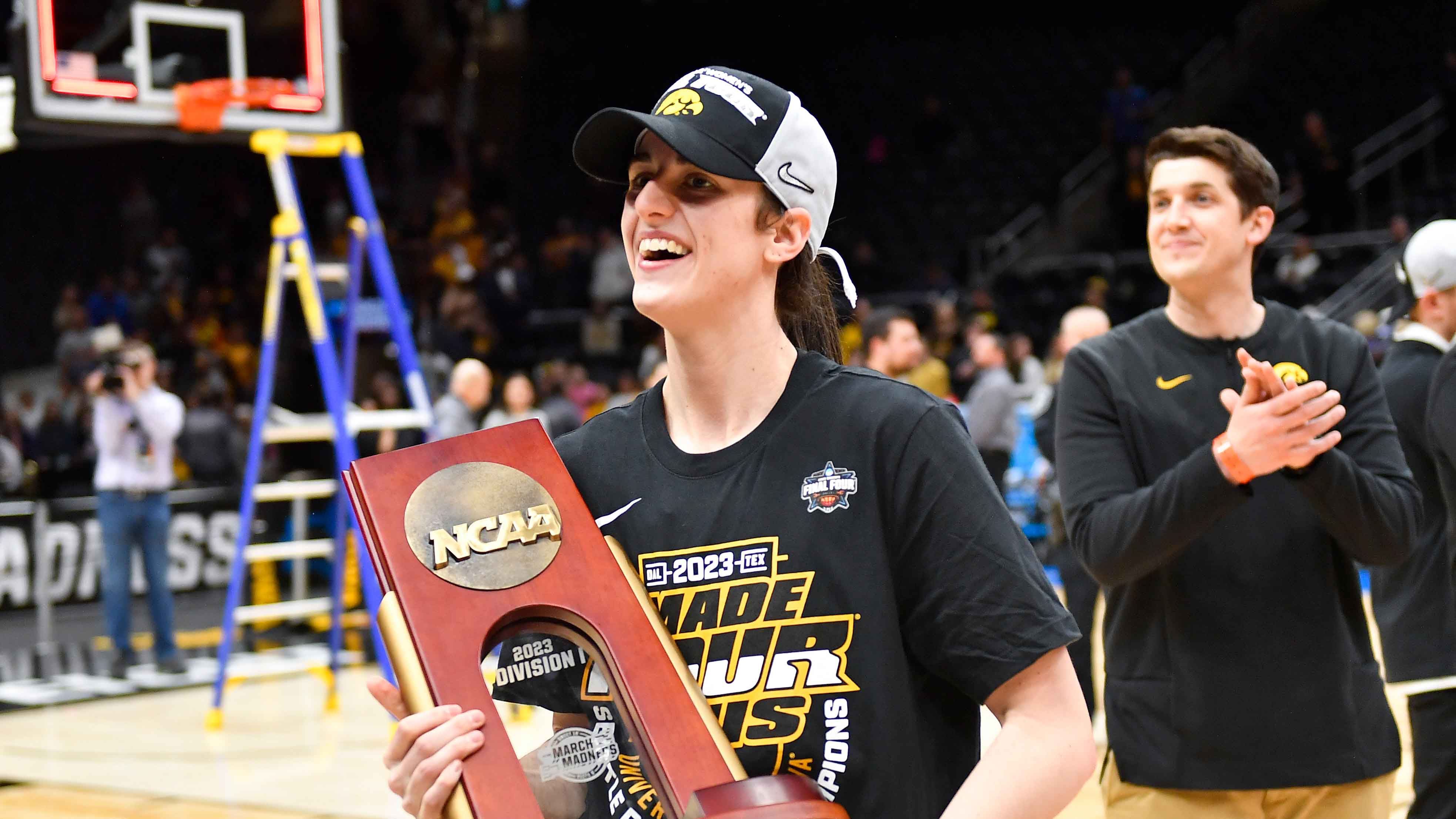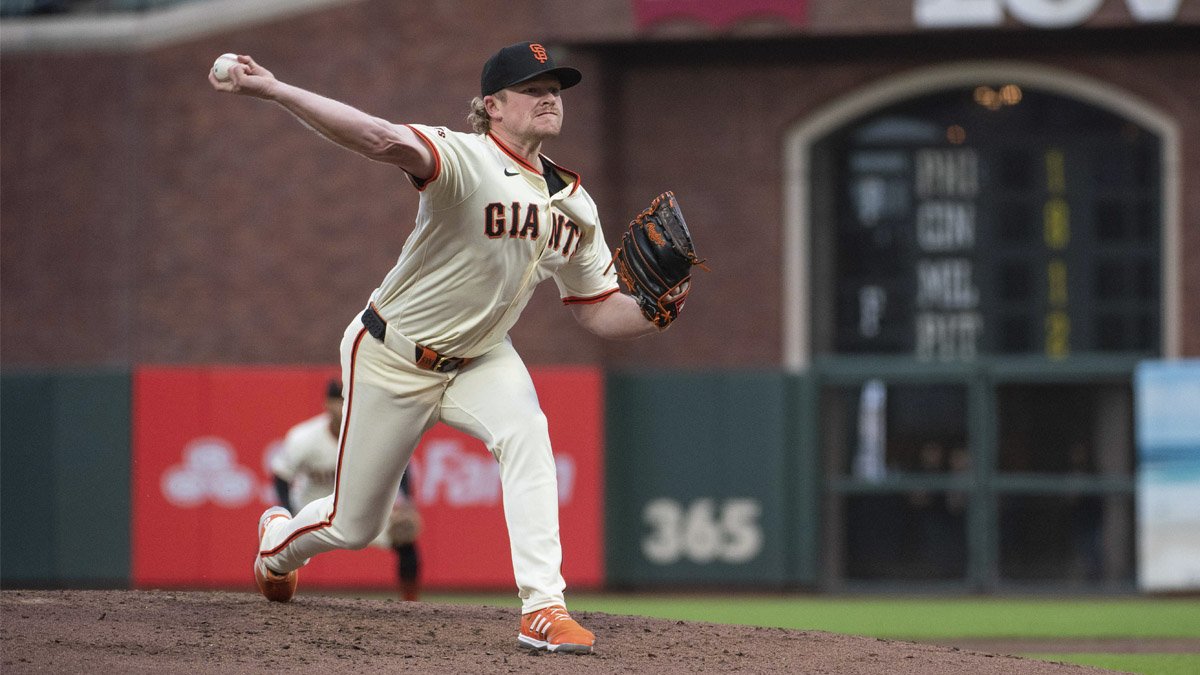
April 3, 2011
GIANTS PAGE
SAN FRANCISCO (AP) -- Over two weeks, prosecutors methodically worked to build a credible case that Barry Bonds lied to a federal grand jury in 2003 when he denied using performance-enhancing drugs.
Then, on Thursday, prosecutors called Bonds' orthopedic surgeon to the stand.
Stay in the game with the latest updates on your beloved Bay Area and California sports teams! Sign up here for our All Access Daily newsletter.
They regretted it almost immediately.
Legal analysts, trial watchers - even attorneys on both sides - all seemed to agree that Dr. Arthur Ting's testimony was disastrous for the government's case against the greatest home-run hitter in major league history and a symbol of baseball's so-called steroids era. The question now is whether the prosecutors can still get a conviction when the trial goes to the jury, which could happen this week.
Ting hurt the prosecution because he directly and repeatedly contradicted the government's star witness, former Bonds business partner Steve Hoskins.
In the first week of the trial, Hoskins testified that the doctor told him a 1999 elbow injury Bonds sustained was caused by steroid use. But Ting denied saying that. Ting also denied Hoskins' claim that the two had 50 conversations about Bonds' alleged steroid use. Ting denied having even one such discussion.
News
Federal prosecutor Jeffrey Nedrow conceded soon afterward, in an exchange with U.S. District Judge Susan Illston, that Hoskins was "impeached heavily."
Ting was one of the last witnesses the government planned to call. Observers said prosecutors were making good headway with the jury until then.
"With any trial it's always the last impression that is the most important," Robert Mintz, a prominent Newark, N.J., defense attorney, said in a phone interview. Mintz and many others have been following the trial closely as it is covered by dozens of reporters who file frequent updates throughout the court day.
Like other experts, he reached for a sports analogy to make sense of the trial's sudden and dramatic momentum shift.
"It was the sports equivalent off coughing up the ball on the 5-yard line," said Mintz, a federal prosecutor before going into private practice. "Suddenly, the other team has a chance to win."
Ting's testimony obviously buoyed Bonds' team. Ting was even seen shaking the hands of a member of the former slugger's entourage sitting in the first row of the courtroom after he stepped down from the witness stand.
Bonds lead attorney Allen Ruby, usually gruff and deadly serious outside court during the trial, had a smile for reporters during a break in the proceedings after Ting's testimony. The usually inscrutable Bonds, too, had a wide grin at the end of the trial day Thursday.
When the trial resumes its critical third week Monday, the government's last witness - anti-doping expert Dr. Don Catlin - is scheduled to finish testifying. Court staff is expected to read a transcript of Bonds' grand jury testimony from December 2003, and then the defense will get to call its witnesses.
Bonds' lawyers still have work to do. Hoskins wasn't the government's only witness.
The hitter's former mistress, Kimberly Bell, told the eight-woman, four-man jury that Bonds once told her he used steroids. She also discussed in great detail the physical and behavioral changes she saw the slugger go through that prosecutors attribute to steroid use - including outbursts and threats against her.
Colorado Rockies first baseman Jason Giambi and three former players testified that Bonds' personal trainer, Greg Anderson, had supplied them with steroids and detailed instruction on how to use them.
However, none of the players testified directly about the relationship between Bonds and Anderson, who is in jail for refusing to testify at the trial. Illston admonished the jury not use the players' testimony as evidence that Anderson supplied Bonds with steroids.
Meanwhile, Bonds' attorneys portrayed the ex-mistress as a scorned lover seeking revenge and they caught her in a few inconsistencies. In particular, Bell admitted that she was exaggerating when she told the grand jury that Bonds' testicles had shrunk by half late in their relationship.
Many legal observers expect Bonds' legal team to call just a few witnesses because they say the case is breaking Bonds' way- with one notable exception: count two of five in his indictment.
Bonds is charged with lying to the grand jury during his appearance in December 2003. He was called to testify what he knew about the Bay Area Laboratory Co-Operative. That grand jury ultimately indicted five men with connections to BALCO, including Anderson, on steroids distribution charges and related counts. All five pleaded guilty.
Three of Bonds' charges accuse of him of lying when he denied knowingly taking steroids and human growth hormone. Another count charges him with obstruction of justice.
Count two is the "needle charge" and legal observers say it's the government's best chance for a conviction. Bonds is accused of lying during this exchange before the grand jury:
Prosecutor: "Did Greg ever give you anything that required a syringe to inject yourself with?"
Bonds: "I only had one doctor touch me. And that's my only personal doctor."
Bonds goes on to deny that Anderson - or anyone other than Ting - ever injected him with anything.
After Ting's testimony Thursday, prosecutors called Kathy Hoskins to the stand. She is the sister of Steve Hoskins, and worked as Bonds' personal shopper for two years ending in 2003.
Hoskins testified that before a road trip in 2002, she saw Anderson inject Bonds in the belly button.
Hoskins came across as likable, down-to-earth and - most important - credible. She said Bonds told her the injection was "a little something, something for when I go on the road. You can't detect it. You can't catch it."
On cross examination, Hoskins tearfully denied she was trying to cover up for her brother, who she claimed unfairly entangled her in the case by falsely telling investigators she saw Anderson inject Bonds numerous times.
"He threw me under the bus," Kathy Hoskins said, referring to her brother.
University of San Francisco law professor Bob Talbot said Kathy Hoskins' performance may have saved the government's case. He theorized that jurors could easily become deadlocked on the steroid charges and decide to convict Bonds only of lying about injections.
Several other observers agreed.
"The defense has to figure out a way of dealing with Kathy Hoskins' remarks," Vermont Law School professor Michael McCann, a sports law expert who has been following Bonds' perjury trial closely. "They can't appear to treat such a sympathetic witness harshly."
Nevertheless, the consensus among lawyers sitting in on the trial and watching it from afar is that Bonds' lawyers have worked hard to put their client in the best possible position headed toward the last week of trial.
"Right now, the Bonds legal team is in control," McCann said. "I think they feel confident that the government was not successful in showing beyond a reasonable doubt that Bonds' is guilty. I expect they will present a modest defense."


